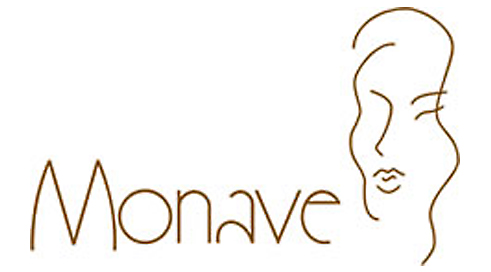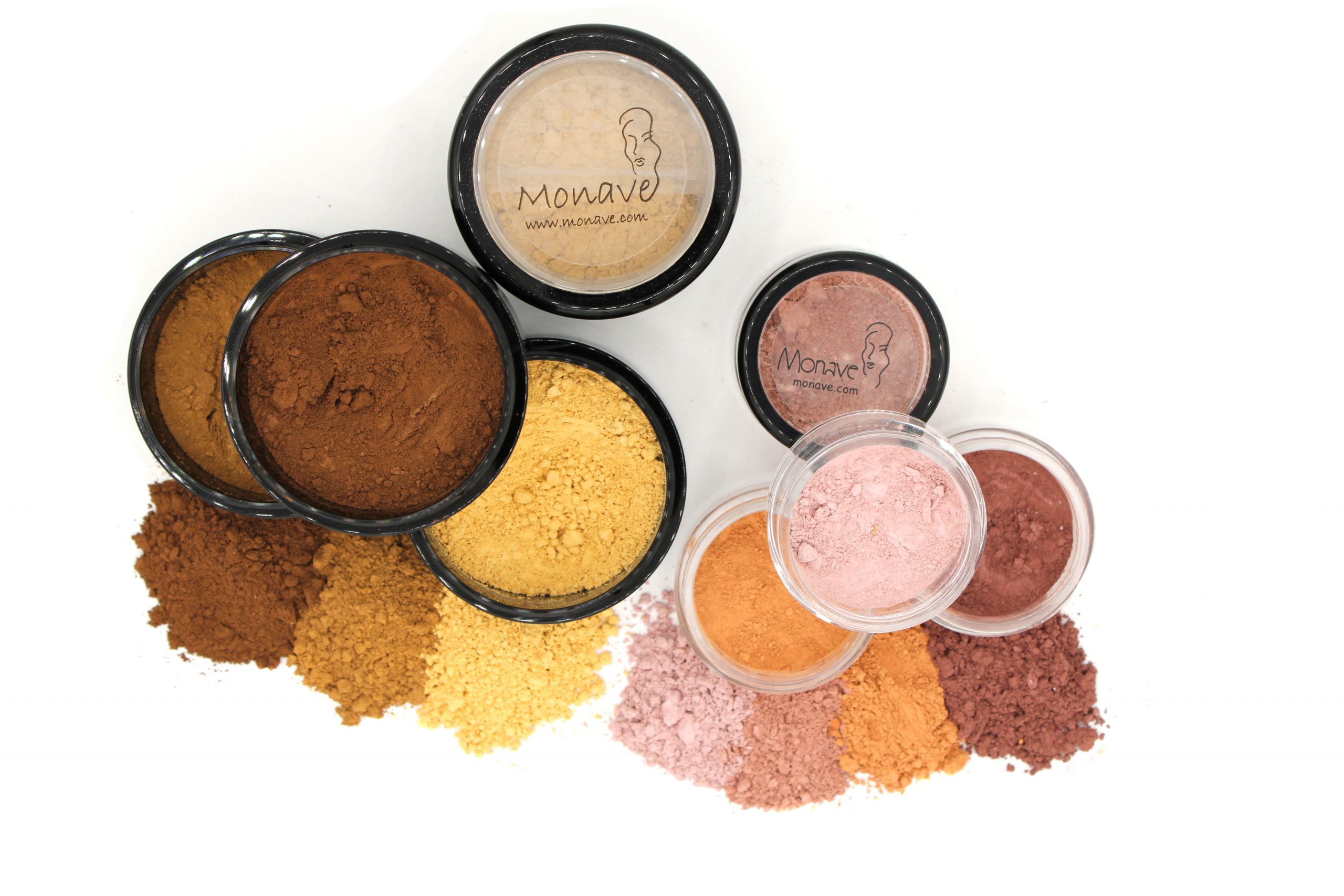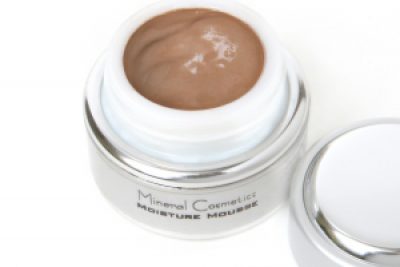Here at Monave, we often field questions about our Mineral Makeup:
Are your products paraben free?
Do you use Bismuth Oxychloride?
Is your skin care lauryl sulfate free?
More and more people are becoming concerned about the ingredients of the products they’re using on their skin, for the immediate issue of wanting healthy glowing skin, and for the long -term concern about health and longevity. There is a heightened incidence of chemical sensitive people and increasing cancer rates. We’ll discuss a few key ingredients that can be found in “mineral makeup” and “organic” skin care lines, but should be avoided.
Bismuth Oxychloride is a popular additive used by those big name Mineral Makeup companies. They use it because it is a cheap filler and it creates that high shimmer (glow) that they promise for that youthful dewy look. Bismuth is simply a byproduct of lead and copper refining. It is non- toxic but due to it’s close chemical resemblance to arsenic it irritates the skin and causes redness and itching. These reactions intensify during the hotter part of the seasons. This is definitely an ingredient that should be avoided when looking for a mineral foundation.
Talc: Talc is a mineral. However, it has been solidly linked to cancer and is very drying to the skin. You will on occasion, see talc in mineral makeup products, but the truth is, one of the original concepts of mineral makeup was to avoid talc. A great mineral makeup foundation should be made without talc, so we suggest steering clear of that particular ingredient.
Dyes: You may have noticed that there are bright reds, corals, and neon shades popping up in mineral makeup lines around the U.S. This is an unfortunate byproduct of a ‘gold-rush’ mentality. Many companies that makes soaps and lotions, or that supply ingredients to hand crafters, do not discern between pigments coated with dyes, and those that are without. so, there is a plethora of companies marketing eye-shadows, glosses, and blushes made with dyes and lakes. If you are allergenic, eco-minded, vegan, or sensitive, you’d do well to avoid any products containing dyes, as they are not earth friendly (generally derived from coal-tar), and can really irritate the skin. They have also been linked to all kinds of problems, from hyperactivity to cancer.
Lauryl Sulfates are detergents that are used in body care products such as shampoos, toothpaste and facial cleansers to name a few. The most common are Sodium Lauryl Sulfate (SLS), Ammonium Lauryl Sulfate and Sodium Laureth Sulfate. These are used as sudsing agents in these products. They are known irritants to the skin and tends to dry the skin out. When SLS is used as an ingredient in facial cleansers, it dries out the protective moisture barrier of the skin, the skin then overreacts by producing more sebum (oil ) to replace what was lost. This will occur after we have manually replaced moisture by using a heavier moisturizer. This creates an oily/combination skin problem.People with sensitive skin and rosacea should especially take care to use products without lauryl sulfates.
In addition, there is alot of evidence pointing to the fact that celiacs are extra sensitive to lauryl and laureth sulfate. This is possibly due to the fact that our bodies have been comprised by a weak immune system, no one is really sure, but in general celiacs and women allergic or sensitive to gluten will experience extreme itching sensations on the scalp from using shampoos with SLS. Lines like Aubrey Organics are SLS-free.
Magnesium Stearate: Unless otherwise noted, this is a by-product of slaughterhouse production. It is essentially a fatty acid that is produced from the melted down, powdered parts of animals that are not suitable for human consumption. If you find that disgusting, well you should. It is used to create a creamier texture in mineral makeup powders, and Brand X uses it in their Mineral Veil. There are sources for vegetarian magnesium stearate, but unless it is noted on the ingredient list, we’d suggest steering away from this ingredient, as it is not mineral, and not animal-cruelty-free.
Being an educated consumer is what is necessary to decipher the various obstacles these so called “natural” , and mineral makeup products companies have placed in our path to chemical free make up. It is our duty to continue to do research and most of all, to develop trust, where trust is due. Have questions? Don’t hesitate to email us via the contacts page of our website.
S



